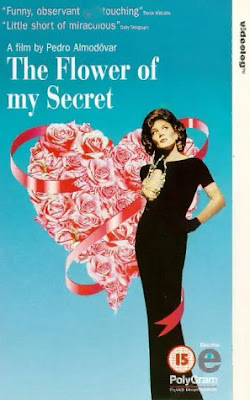What role must Third World cinema play in a repressive sociopolitical construct? Should it aim for socially relevant inquiries or transition into direct action? Where does art dissolve into politics as part of this exercise? And, to paraphrase Godard, how does one make not just political films but politically too? These were some of the themes touched upon in the underground, independent, experimental, pulsating, audaciously improvisational, disarming, defiant, Marxist, formally dazzling and curiously titled work About Some Meaningless Events by pioneering Moroccan filmmaker Mostafa Derkaoui who’d studied in 2 iconic film institutes – viz. L'Institut des hautes études cinématographiques in Paris (whose alumni included the likes of Malle, Resnais, Angelopoulos, Schlöndorff, Sautet, Costa-Gavras, etc.) and Łódź Film School (whose alumni included the likes of Munk, Wajda, Kieslowski, Polanski, etc.). In an interesting anecdote, upon being banned by the authorities after a single screening, it was believed to be lost and faded into oblivion until its negatives resurfaced 4 decades later in Barcelona, post which it was stunningly restored. It started along the lines of Morin and Rouch’s influential documentary Chronicle of a Summer wherein Derkaoui’s crew roamed the streets, cafés and bars of Casablanca’s working class neighbourhoods, interviewing people on their views on cinema and Moroccan cinema in particular; and then, when a young dockworker with a flamboyant Afro hairdo accidentally kills his boss during a confrontation, they decide to follow his story with the intent to explore his background, motives and in turn class divides, social injustice and exploitation. Foregrounded in thrilling vérité photography, freeform jazz score, urgency and vitality, it marvelously blended elements of both drama and documentation, thus blurring the fluid, ambiguous space between truth and artifice.
Director: Mostafa Derkaoui
Genre: Documentary/Crime Drama
Language: Arabic/French
Country: Morocco









